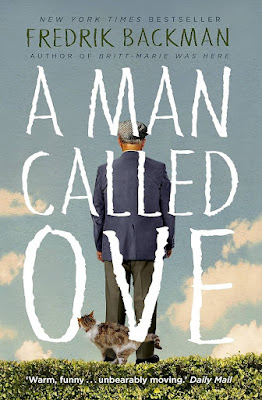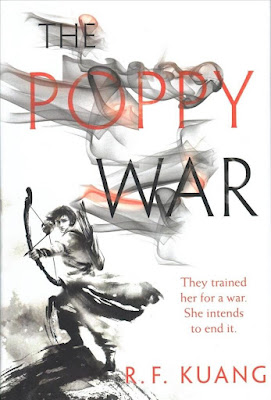The Bluest Eye
Author: Toni Morrison
Acquired in: May 2020
The story which takes place in Ohio during the Great Depression is through the perspective of a little black girl named Claudia MacTeer as well as of a third person. It details the social structure of those times, where an unspoken hierarchy existed; at the bottom of the ladder were the poor and mainly uneducated blacks who were detested by the blacks who adopted the mannerisms of the whites. Our main character, Pecola, belongs to the former.
Pecola Breedlove is a black girl who lives with her abusive parents and calls a room in a crumbling building her home. Throughout her life, the people around her shunned her and wouldn't deign to look at her, just because she was ugly. Alone and miserable, the poor child wished for blue eyes, so that just as people loved little blue-eyed white girls like Shirley Temple, they would love her too. With her blue eyes, she wanted to see the world as other lovely girls saw it; comfortable and kind.
When her father in a drunken fit burns the house down, a black family named the MacTeers offers to look after Pecola. Their daughters, Claudia and Frieda, become Pecola's friends and later, the witnesses to Pecola's slow descent into insanity. Along with her, we read about the lives of other individuals- Pecola's parents, Soaphead Church; a disillusioned mystic, Geraldine; a 'civilised' lady who considers herself above other blacks and the good-natured prostitutes, who besides the MacTeers are the only people to treat her kindly.
It was depressing to see how vehement the community was in hating Pecola. Just because she was not pretty, the townsfolk could breathe easy thinking that compared to her, they were not as ugly. Why, I think if the whole town set aside their differences and agreed unanimously on anything, it would be about Pecola's looks. I wish the people themselves would realise that they are the ugliest on Earth. I cannot tell anymore about Pecola, so I leave that for the reader to find.
The chapter headings may intrigue you a lot. After a bit of research, it turned out to be lines from Dick and Jane primers, the beginners' reader given to American kids decades ago. What's out of place is that Dick and Jane primers only showcase a stereotypical white family; an office-going dad, a passive mom, an equally passive daughter, a son and a dog. Using these lines, Morrison may have wanted to show the sharp difference between these ideal, unreal families that were portrayed so often in books, advertisements and movies of that time and those like Pecola's and Geraldine's.
For a thin and innocent-looking book, it certainly is quite unsettling. I must tell you that the book contains a fair amount of domestic and child abuse, so much that parents all over the country protested the inclusion of this book in the US school syllabus. If you have any reservations about sensitive topics such as these, I would not recommend that you read it. Otherwise, this book merely shows us the ground reality we often look away from for preserving our peace of mind.
Comparison, comparison. Mrs Breedlove compares her dysfunctional family to the neat white family she works for and loves them instead of her own. Geraldine compares herself with poor blacks and looks at them with disgust. Pecola compares herself with pretty Shirley Temple and wishes for the bluest eyes but gets something worse instead.
Pauvre petite Pecola.




Comments
Post a Comment